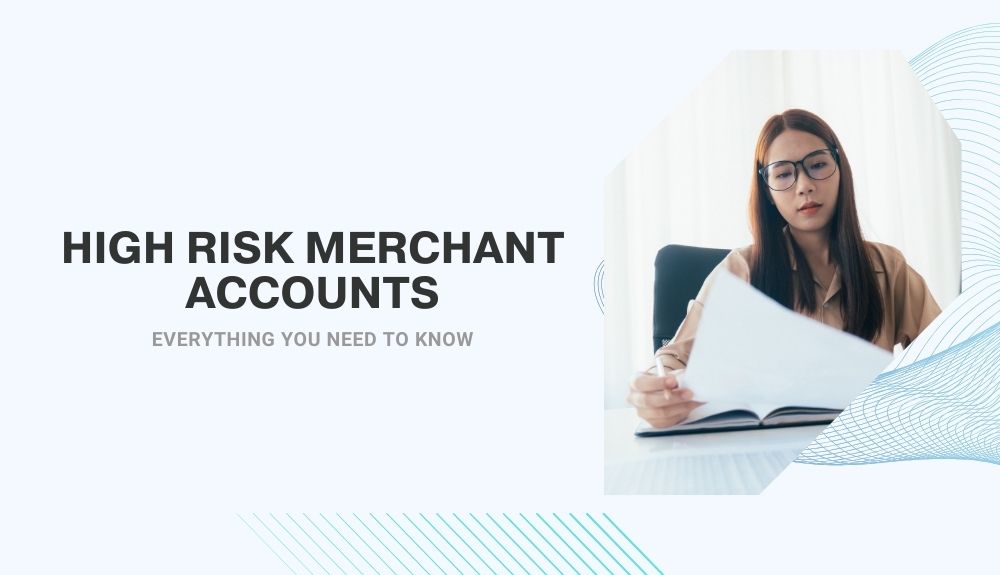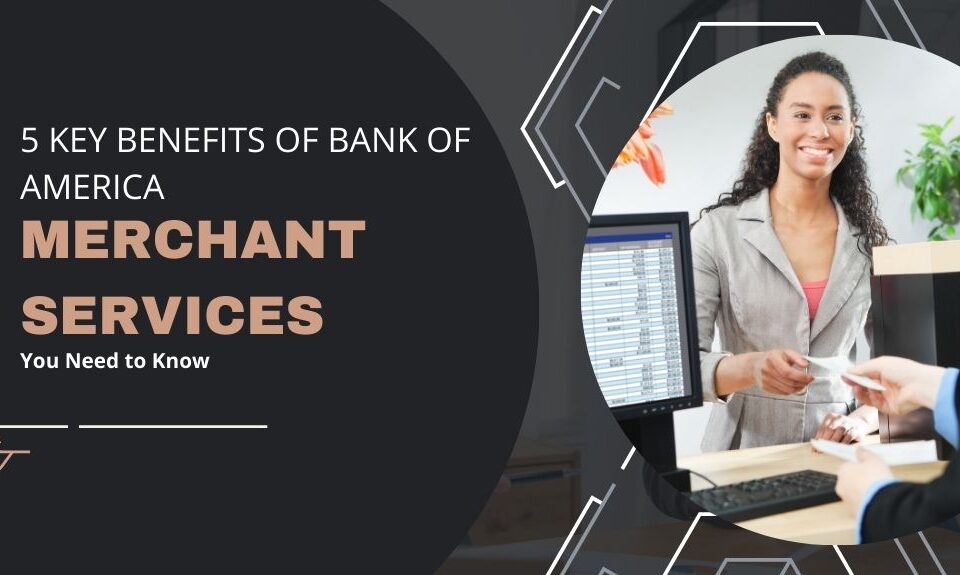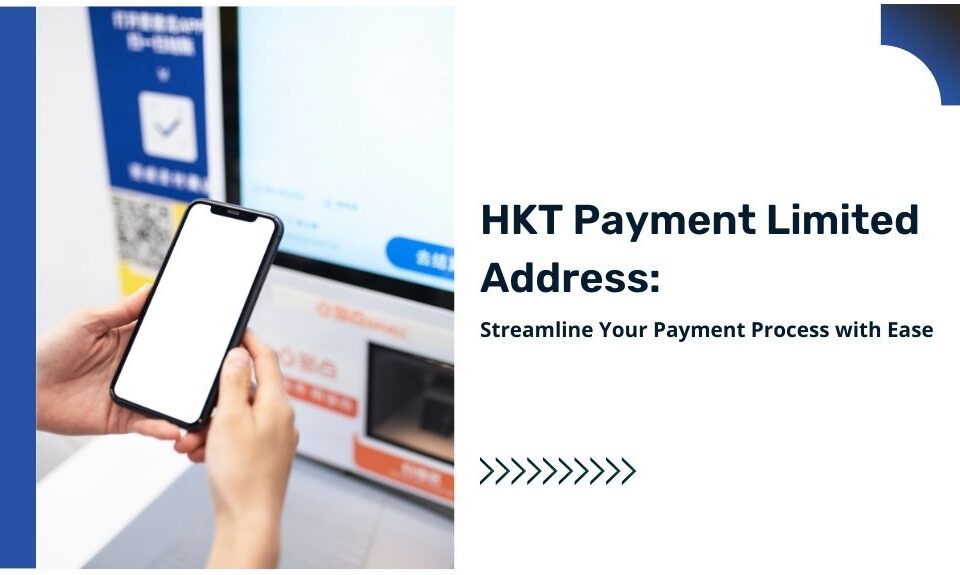A Beginner’s Guide to High Risk Merchant Accounts: Everything You Need to Know

Unlocking the Power of Healthcare Merchant Accounts: How They Benefit Your Practice
December 15, 2023
Insurance Agencies, Rejoice! Find the Best Merchant Account to Simplify Payment Processing
December 18, 2023Are you a business owner looking to expand your online presence? Have you been labeled as a high-risk merchant? Fear not, because this beginner’s guide is here to provide you with all the information you need to know about high-risk merchant accounts.
In this comprehensive guide, we’ll dive deep into the world of high-risk merchant accounts. We’ll address your pain points and answer fundamental questions such as: What is a high-risk merchant account? Why are some businesses considered high risk? And most importantly, how can you obtain a high-risk merchant account that meets your specific needs?
1. What is a High Risk Merchant Account?
A high-risk merchant account is a specialized type of payment processing account designed for businesses that fall into the high-risk category. These businesses typically operate in industries such as adult entertainment, multi-level marketing, online gambling, and others that are considered to have a higher level of risk associated with them.
Here are some key points to understand about high-risk merchant accounts:
1.1 Understanding the Need for High-Risk Merchant Accounts
Many businesses operate in industries that have a higher risk of chargebacks, fraudulent activity, or regulatory concerns. As a result, traditional banks and payment processors may be hesitant to provide services to these businesses.
High-risk merchant accounts provide a solution for these businesses, allowing them to accept credit card payments and other forms of electronic transactions.
1.2 Criteria for Categorizing Businesses as High-Risk
Various factors contribute to a business being classified as high-risk. This includes the industry it operates in, the business model, the potential for fraud or chargebacks, and the credit history of the business owner.
Indicators of high-risk industries often include businesses involved in online gambling, adult content, debt collection, travel services, and more.
1.3 Benefits of High Risk Merchant Accounts
By obtaining a high-risk merchant account, businesses gain access to payment processing services that cater to their specific needs, ensuring smooth and secure transactions.
These accounts also offer advanced features such as fraud prevention tools, chargeback management systems, and customized payment solutions tailored to high-risk industries.
1.4 Application and Approval Process for High-Risk Merchant Accounts
The application process for a high-risk merchant account typically requires more documentation and information than a standard merchant account.
Businesses applying for such accounts may need to provide detailed information about their industry, business model, financials, chargeback ratios, and previous processing history.
The approval process may take longer, as the provider carefully assesses the level of risk associated with the business.
1.5 Considerations for Choosing a High-Risk Merchant Account Provider
It is essential for businesses to thoroughly research and choose a reputable and experienced high-risk merchant account provider.
Factors to consider include the provider’s experience in working with businesses in the same industry, their customer support and service quality, the fees and rates associated with the account, and the flexibility of the payment gateway they offer.
2. Understanding the Benefits of a High Risk Merchant Account
If you are operating a business in a high-risk industry or have a higher risk profile due to various factors, it’s crucial to understand the benefits of having a high-risk merchant account. While it may come with certain challenges and higher fees, there are several advantages that make it a worthwhile option for business owners.
1. Expanded Business Opportunities
Having a high-risk merchant account allows you to tap into a wide variety of business types and industries that are considered high-risk. Whether you are in the adult entertainment industry, multi-level marketing, or online business, a high-risk merchant account provider is more likely to accept your application compared to a traditional merchant account provider. This enables you to explore new ventures and expand your business horizons.
2. Increased Payment Processing Options
One of the key benefits of a high-risk merchant account is the access to a wider range of payment processing options. High-risk merchant account providers understand the unique needs and challenges faced by businesses in high-risk industries, so they offer advanced features tailored to these specific requirements. This includes services such as recurring billing, chargeback prevention tools, and fraud detection mechanisms, allowing you to effectively manage your transactions and mitigate potential risks.
3. Flexibility in Approval Process
While obtaining a traditional merchant account can be a time-consuming and complex process, high-risk merchant account providers often have a more streamlined approval process. They are more inclined to work with businesses that may have a higher chargeback ratio or operate in high-risk categories. This flexibility in the approval process can save small business owners valuable time and effort.
4. Dedicated Customer Support
Another advantage of partnering with a high-risk merchant account provider is the level of customer support you can expect. These providers understand the unique challenges faced by high-risk businesses and are equipped to provide personalized assistance when needed. From technical issues with payment gateways to navigating through the application process, having dedicated customer support can be invaluable for business owners in high-risk industries.
💡 key Takeaway: While high-risk merchant accounts come with certain challenges and higher fees, they offer expanded business opportunities, increased payment processing options, flexibility in the approval process, and dedicated customer support. These benefits make them a viable option for businesses operating in high-risk industries.
3. Factors That Determine High Risk Classification for Merchants
When it comes to high-risk merchant accounts, there are several factors that determine whether a business falls into this category. Understanding these factors is crucial for any business owner seeking a high-risk merchant account. Let’s explore the key considerations that payment processors and underwriters use to assess a business’s risk level:
1. Business Type: Certain industries are inherently riskier than others. Payment processors and underwriters often classify businesses in industries such as adult entertainment, online gambling, multi-level marketing, and pharmaceuticals as high-risk due to their regulatory complexities and potential for chargebacks.
2. Chargeback Ratio: Chargebacks occur when customers dispute a credit card transaction. A high chargeback ratio indicates that a business has a history of dissatisfied customers or fraudulent activities. Payment processors are wary of merchants with a high chargeback ratio since excessive chargebacks can lead to financial losses.
3. Payment Processing History: Merchants with a stable processing history and a proven track record of handling credit card transactions responsibly stand a better chance of obtaining a regular merchant account. New businesses or those with a limited processing history are more likely to be classified as high-risk.
4. Financial Health: Underwriters evaluate a business’s financial health to assess its ability to manage risk. Factors such as revenue, cash flow, and overall financial stability play a vital role in determining whether a business qualifies for a high-risk merchant account.
5. Product or Service Offered: Merchants offering products or services associated with high levels of customer dissatisfaction or potential legal issues may be classified as high-risk. Examples include travel industry services, dating websites, and debt consolidation services.
💡 key Takeaway: Various factors contribute to a business’s classification as high-risk. These include the nature of the industry, chargeback ratios, payment processing history, financial health, and the products or services offered. Understanding these factors will help businesses navigate the high-risk merchant account application process more effectively.
4. Industries That Require High Risk Merchant Accounts
High risk merchant accounts are essential for certain industries that face unique challenges and are categorized as higher risk by financial institutions. These accounts are specifically designed to accommodate businesses that operate in industries with elevated chargeback ratios, legal restrictions, or inherently higher levels of fraud. If you’re considering starting a business in any of these industries, it’s important to understand why a high risk merchant account is necessary and how it can benefit your operations.
1. Adult Entertainment:
The adult entertainment industry often struggles to secure traditional merchant accounts due to the controversial nature of its products and services. High risk merchant accounts provide a solution, allowing adult entertainment businesses to accept credit card payments and manage transactions smoothly. Providers specializing in this industry understand the unique challenges and are equipped to handle the specific demands of adult entertainment businesses.
2. Online Gambling and Gaming:
The online gambling and gaming industry is considered high risk due to a combination of regulatory restrictions, potential for chargebacks, and the international nature of the business. High risk merchant accounts ensure that these businesses can process credit card payments securely and efficiently. Payment processors specializing in this industry offer advanced features like multi-currency support and fraud detection to mitigate risk and protect both the business and its customers.
3. Nutraceuticals and Dietary Supplements:
The nutraceuticals and dietary supplements industry is a highly regulated market that faces scrutiny from both financial institutions and regulatory authorities. Due to the potential health risks associated with certain products and the vast amount of unsubstantiated claims in the industry, obtaining a merchant account can be difficult. High risk merchant accounts cater to businesses in this industry by providing tailored solutions that comply with regulations and offer secure payment processing for online sales.
4. Multi-Level Marketing (MLM) and Direct Sales:
Multi-level marketing and direct sales businesses operate through complex sales structures and compensation plans, which often involve multiple transactions and commissions. Traditional banks may label these businesses as high risk due to the potential for chargebacks and legal issues associated with pyramid schemes. High risk merchant accounts enable MLM and direct sales businesses to accept credit card payments from both distributors and customers, ensuring smooth and transparent transactions.
💡 key Takeaway: High risk merchant accounts are essential for specific industries such as adult entertainment, online gambling and gaming, nutraceuticals and dietary supplements, as well as multi-level marketing and direct sales. These accounts provide tailored solutions to manage the unique challenges faced by businesses in these industries and ensure smooth payment processing.
5. Pros and Cons of High Risk Merchant Accounts
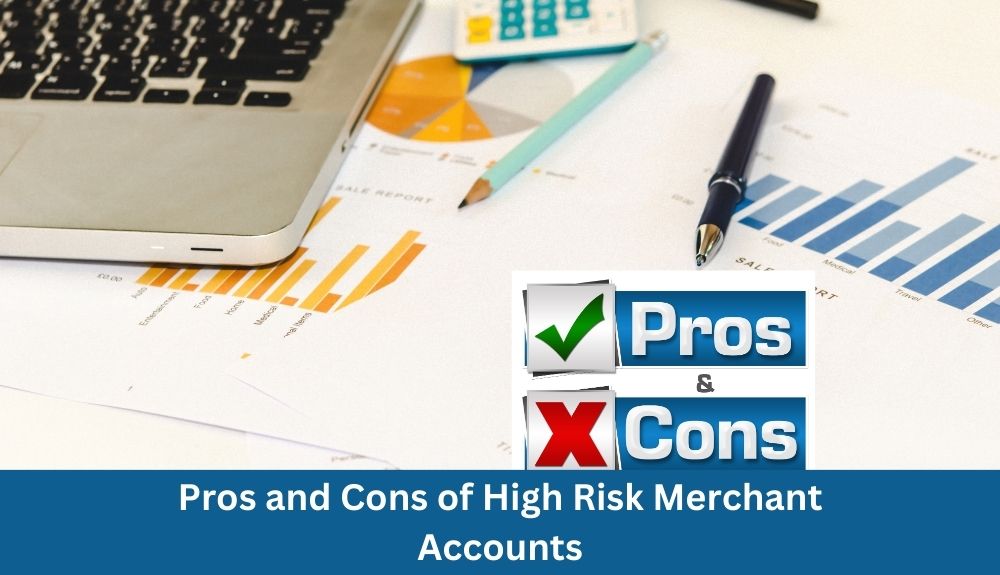
High-risk merchant accounts can provide unique opportunities for businesses operating in industries that are deemed risky or have a higher likelihood of chargebacks. However, there are both advantages and disadvantages to consider before diving into a high-risk merchant account.
Pros:
1. Approval Process: High-risk merchant account providers are specifically tailored to cater to businesses operating in high-risk industries. This means that the approval process for a high-risk merchant account is often more lenient compared to traditional merchant accounts. Even if your business falls within a high-risk category, there’s a higher likelihood of getting approved for a high risk merchant account.
2. Expanded Business Opportunities: A high-risk merchant account allows you to tap into industries that are considered high risk. Whether you’re in the adult entertainment, multi-level marketing, or online gaming industry, a high-risk merchant account enables you to accept credit card payments from customers in these unconventional business sectors.
3. Customized Payment Solutions: High-risk merchant account providers understand the unique needs of high-risk businesses. As a result, they typically offer specialized payment solutions that cater to the specific requirements of your industry. These advanced features can include fraud prevention tools, chargeback management systems, and integration with a wide variety of business types.
4. Higher Revenue Potential: With a high-risk merchant account, you can tap into a customer base that prefers to pay with credit cards. By accepting credit card payments, you open doors to higher sales and increased revenue. This is especially advantageous for businesses in high-risk industries where alternative payment methods may not be as widely accepted.
Cons:
1. Higher Fees: One significant drawback of high-risk merchant accounts is that the associated fees are generally higher compared to traditional merchant accounts. Due to the increased risk involved, payment processors and service providers charge higher rates and fees to compensate for potential chargebacks and risks associated with high-risk businesses.
2. Stricter Underwriting: The application process for a high-risk merchant account entails more thorough scrutiny. Providers conduct in-depth assessments of your business, including factors such as creditworthiness, processing history, and the industry in which you operate. Meeting and maintaining their underwriting criteria can be challenging, and failure to do so may result in account termination.
3. Limited Options: While a high-risk merchant account allows you to accept credit card payments, the pool of available payment processors and merchant services may be smaller compared to those serving low-risk businesses. It’s crucial to find a reputable high-risk merchant
6. How to Apply for a High Risk Merchant Account
If you are operating a high-risk business and require a merchant account, it’s crucial to understand the application process to secure a high-risk merchant account provider that suits your needs. Applying for a high-risk merchant account involves several steps that I will outline below for your convenience.
1. Research and Identify Reputable Service Providers
Make a list of high-risk merchant account providers that specialize in your industry.
Look for providers with a track record of serving businesses similar to yours.
Check online reviews and testimonials to ensure their reliability and customer satisfaction.
2. Prepare Necessary Documents and Information
Gather all relevant business documentation, such as business registration papers, incorporation certificates, licenses, and permits.
Have your financial statements, including tax returns, bank statements, and credit card processing statements, readily available.
Be prepared to provide personal identification documents, such as passports or driver’s licenses, along with your social security number.
3. Provide Details of Your High-Risk Business
Clearly outline the nature of your high-risk business, including its products or services and the target market.
Specify the reasons that classify your business as high risk, such as operating within the adult entertainment or multi-level marketing industries.
Describe any specific features or advanced technologies your business utilizes, as it may affect the application process.
4. Explain Chargeback Ratios and Payment Processing History
High-risk businesses typically experience a higher chargeback ratio, which refers to the number of transaction disputes or refunds initiated by customers.
Present a detailed explanation of your company’s chargeback ratio and demonstrate any mitigation strategies you have in place to reduce this risk.
Provide historical payment processing information, including the volume and frequency of credit card transactions.
5. Submit Your Application and Await Approval
Fill out the application form provided by the merchant account provider.
Provide all required documentation, ensuring its accuracy and completeness.
Review and submit the application, being mindful of any requested application fees.
Once your application is submitted, the provider will assess the information and make a decision regarding your high risk merchant account.
💡 key Takeaway: Applying for a high-risk merchant account involves thorough research, meticulous preparation of required documents, and a clear explanation of your business’s unique characteristics. By identifying reputable providers and presenting your case effectively, you increase your chances of obtaining a suitable merchant account for your high-risk business.
7. Managing Risk and Minimizing Chargebacks in High Risk Merchant Accounts
When operating a high-risk merchant account, it is crucial to effectively manage risk and minimize chargebacks. This section will provide you with key strategies and best practices to safeguard your business and maintain a positive reputation.
1. Conduct Thorough Due Diligence
One of the initial steps in managing risk is to conduct thorough due diligence on the merchant account provider and understand their experience in catering to high-risk businesses. Look for a provider that specializes in your specific industry and has a proven track record of success. Additionally, assess the risk associated with your own business type and industry to identify potential vulnerabilities and address them proactively.
2. Implement robust Fraud Prevention Measures
High-risk merchant accounts are more susceptible to fraud and chargebacks, making it essential to implement robust fraud prevention measures. Utilize advanced features offered by payment gateways and credit card processors that can identify suspicious transactions and flag potential fraud. This could include real-time monitoring, address verification services, and 3D Secure technology, among others. By effectively identifying and preventing fraudulent activities, you can significantly reduce chargebacks and protect your business.
3. Provide Excellent Customer Service
Exceptional customer service plays a critical role in minimizing chargebacks and managing risk. Address customer inquiries, concerns, and disputes promptly and professionally. By offering reliable and responsive customer support, you can resolve issues amicably and avoid chargebacks resulting from customer dissatisfaction. Promptly address refund requests, provide clear communication regarding product information and delivery, and establish a customer-friendly refund policy.
4. Optimize Payment Processing
Select a payment gateway and payment processor that specialize in high-risk processing. These service providers often have extensive experience in managing the unique challenges faced by high-risk businesses. Look for low rates and transparent fee structures, but ensure that the provider offers reliable and secure payment processing solutions. Consider a payment processor that caters to a wide variety of business types within the high-risk category, as this demonstrates their ability to handle diverse needs and mitigate risk effectively.
5. Monitor and Analyze Chargeback Data
Regularly monitor and analyze chargeback data to identify trends, patterns, and potential areas of concern. By understanding the reasons behind chargebacks, you can take proactive measures to address underlying issues.
8. Payment Gateway Options for High Risk Merchant Accounts
When it comes to high risk merchant accounts, one important consideration is the choice of a payment gateway. A payment gateway serves as the intermediary between your online business and the credit card processor, facilitating seamless and secure credit card transactions. However, not all payment gateway providers are willing to work with high risk businesses. Therefore, it’s crucial to explore your options and choose the right payment gateway for your high risk merchant account.
1. Soar Payments
Soar Payments is a prominent high risk merchant account provider that offers a range of payment gateway options. They specialize in serving high risk industries and provide advanced features such as fraud detection, tokenization, and recurring billing. Their payment gateway solutions are designed to handle high volumes of transactions and ensure secure payments.
2. SMB Global
SMB Global is another reputable provider that offers payment gateway solutions for high risk merchant accounts. They pride themselves on their customer service and tailored solutions for various business types. Their payment gateway comes with advanced features and robust security measures to protect against fraudulent activities.
3. Durango Merchant Service
Durango Merchant Service is known for its expertise in serving high risk businesses, particularly those in industries such as adult entertainment and multi-level marketing. Their payment gateway options are specifically designed to cater to the needs of high risk merchants, providing seamless integration with their merchant accounts.
It’s important to note that high risk businesses often face higher fees and stricter approval processes due to the increased risk they pose. However, choosing the right payment gateway can help streamline your payment processing and mitigate potential risks.
💡 key Takeaway: When selecting a payment gateway for your high risk merchant account, consider providers like Soar Payments, SMB Global, and Durango Merchant Service that specialize in serving high risk industries and offer advanced features for secure transactions.
9. Necessary Security Measures for High Risk Merchant Accounts
Having a high-risk merchant account comes with certain risks and challenges. To ensure the safety and security of your business and customers, it is essential to implement necessary security measures. Here are some key steps you should take to protect your high-risk merchant account:
1. Payment Gateway Integration:
Choose a reputable payment gateway provider that specializes in high-risk merchant accounts.
Ensure that the payment gateway integrates seamlessly with your website or online platform.
Opt for a payment gateway that offers advanced security features, such as tokenization and encryption, to safeguard sensitive customer information.
2. Fraud Detection and Prevention:
Implement robust fraud detection and prevention systems to identify and mitigate potential fraudulent activities.
Utilize fraud screening tools that analyze customer data, transaction patterns, and other risk indicators.
Enable additional security measures, such as CVV verification, address verification, and 3D Secure authentication, to reduce the risk of fraudulent transactions.
3. PCI Compliance:
Adhere to Payment Card Industry Data Security Standards (PCI DSS) to protect cardholder data.
Regularly update and maintain your systems to meet PCI requirements.
Conduct periodic security audits and vulnerability scans to ensure ongoing compliance.
4. Chargeback Management:
Establish effective processes to manage and prevent chargebacks.
Monitor chargeback ratios closely to identify any potential issues.
Respond promptly to chargeback disputes and provide necessary documentation to prove the validity of transactions.
5. Strong Password Policies:
Enforce strict password policies for all user accounts associated with your high-risk merchant account.
Require complex passwords that include a combination of alphanumeric characters and special symbols.
Regularly update passwords and enable two-factor authentication for added security.
6. Regular Transaction Monitoring:
Implement real-time transaction monitoring systems to detect any suspicious activities.
Analyze transaction data regularly to identify anomalies and potential risks.
Set up alerts and notifications for unusual or high-risk transactions.
💡 key Takeaway: Implementing necessary security measures is crucial for high-risk merchant accounts to protect your business and customers from potential risks and fraudulent activities. By choosing a reliable payment gateway, implementing fraud detection systems, being PCI compliant, managing chargebacks effectively, enforcing strong password policies, and monitoring transactions closely, you can ensure the safety and security of your high-risk merchant account.
10. Finding the Right High Risk Merchant Account Provider
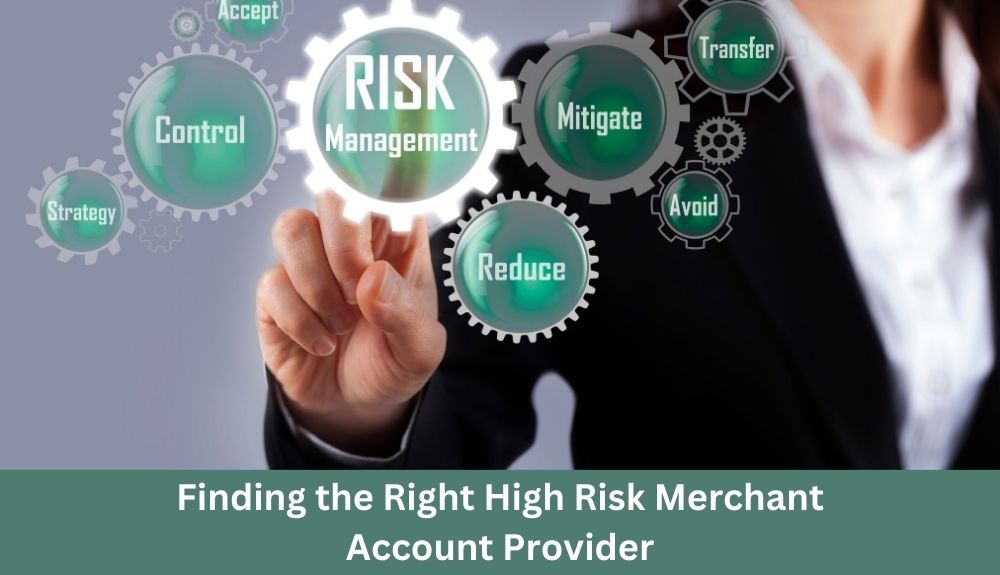
When it comes to operating a high-risk business, finding the right merchant account provider is essential. Not all payment processors are willing to work with high-risk industries, so it’s crucial to do your research and find a provider that specializes in serving businesses like yours. Here are some key factors to consider when looking for the right high-risk merchant account provider:
1. Expertise in High-Risk Industries
Look for a provider that has experience working with businesses in your specific industry. Whether you’re in the adult entertainment, multi-level marketing, or online business industry, choosing a provider that understands the unique challenges and regulations of your sector is crucial. This expertise can ensure they have the necessary infrastructure and compliance measures in place to support your high-risk merchant account needs.
2. Competitive Rates and Fees
While it’s true that high-risk merchant accounts often come with higher fees than traditional accounts, it’s still important to compare rates across different providers. Look for a provider that offers competitive pricing within the high-risk category. Be cautious of providers who charge exorbitant fees without offering additional value or advanced features.
3. Approval Process and Flexibility
The approval process for high-risk merchant accounts may be more stringent compared to standard accounts. However, a reliable provider will guide you through the application process, making it as smooth as possible. Look for a provider with a transparent and straightforward approval process, ensuring you can quickly start accepting credit card payments.
4. Payment Gateway Integration
A payment gateway acts as a bridge between your website and the payment processor, securely transmitting customer payment information. Ensure the high-risk merchant account provider you choose supports popular payment gateway integrations, allowing for seamless transactions on your website.
5. Dedicated Customer Support
Navigating the world of high-risk merchant accounts can be complex, and having reliable customer support is crucial. Look for a provider that offers dedicated support for high-risk businesses, with knowledgeable representatives who can assist you promptly with any issues or concerns that may arise.
💡 key Takeaway: When searching for a high-risk merchant account provider, look for expertise in your specific industry, competitive rates and fees, a streamlined approval process, payment gateway integration, and dedicated customer support.
Conclusion
In conclusion, understanding high risk merchant accounts is essential for businesses operating in industries with elevated levels of risk. From the banking challenges to the higher processing fees, the benefits and drawbacks are important factors to consider. However, by partnering with a reputable payment processor that specializes in high risk accounts, businesses can navigate the complexities and ensure secure and seamless payment processing. With the right knowledge and support, businesses can mitigate the risks associated with high risk merchant accounts and unlock opportunities for growth. It’s crucial to stay updated on the ever-evolving regulations and take proactive measures to protect customer data and maintain compliance. If you’re ready to take your business to the next level and explore high risk merchant account solutions, we’re here to help.

